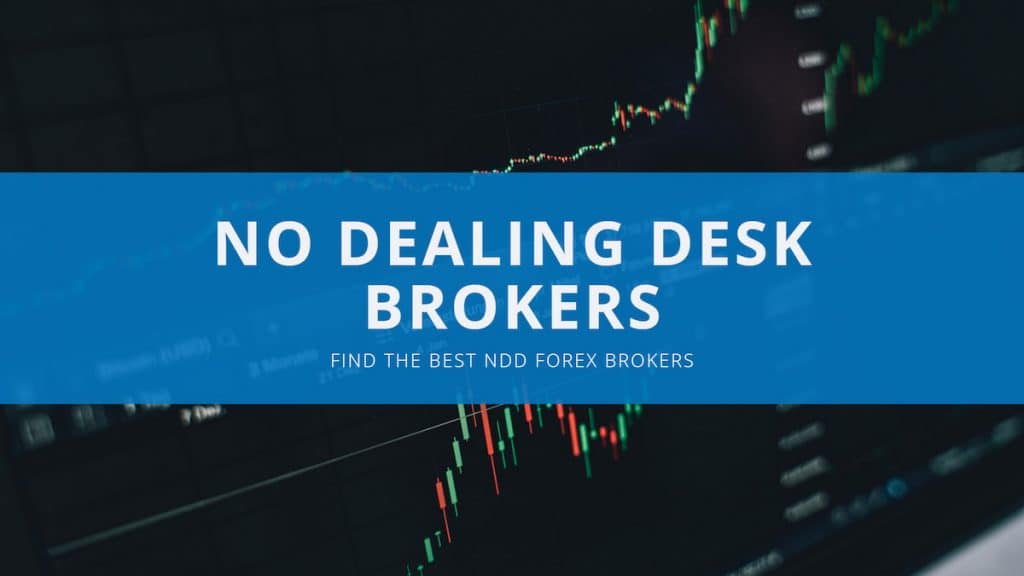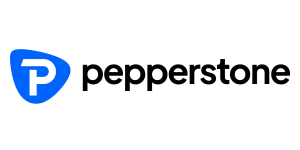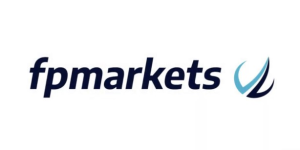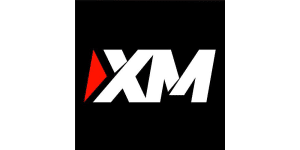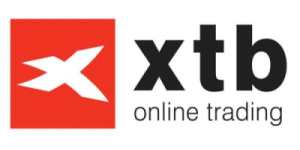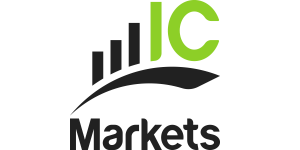This article will unpack the difference between no dealing desk and dealing desk brokers, and how to find the best one for your trading needs.
Read on for a detailed guide on understanding best brokers with no dealing desk to get you started on your Forex trading career.
Best No Dealing Desk (NDD) Forex Trading Platforms 2023
Here are the top 10 Forex brokers with no dealing desk:
- Pepperstone – Best No Dealing Desk Forex Broker Overall
- FP Markets – Best Forex Trading Experience Overall
- XM – Best MetaTrader Forex Broker
- XTB – Best Forex Broker for Trading Tools
- IC Markets – Best ECN Forex Broker with Low Fees
- FxPro – Best Forex Broker for Speed
- Fusion Markets – Best Discount Forex Broker
- FXTM – Best Forex Broker Account Types
- Darwinex – Best Forex Trading Community
- FXCM – Best Forex Broker for Ease of Use
1. Pepperstone – Best NDD Forex Broker Overall
Pepperstone is an NDD broker that provides top-tier Forex services to traders.
This broker is known for its extensive selection of third-party trading platforms. This includes MetaTrader and cTrader. Traders gain access to a range of different trading tools.
| PROS | CONS |
|---|---|
| Low non-trading fees | |
| No deposit and withdrawal fees | |
| Access to third-party trading platforms | |
| Great customer service |
2. FP Markets
First Prudential (FP) Markets is another excellent NDD Forex broker. This broker provides premium service for both beginners and experienced day traders.
It offers access to a range of third-party trading platforms for you to choose from as well as a great selection of educational content.
Its tight spreads and excellent order execution and tight spreads make this an ideal choice for experienced Forex day traders.
On the downside, FP Markets isn’t available to US citizens.
| PROS | CONS |
|---|---|
| Wide selection of trading platforms | Not available in the US |
| Tight spreads | |
| Educational resources | |
| Fast order execution |
3. XM
XM is one of the biggest NDD brokers in the Forex trading industry.
This broker offers traders low fees and a simple account opening process. There are many educational resources as well as a demo account.
| PROS | CONS |
|---|---|
| Tight spreads | Limited product portfolio selection |
| Low non-trading fees | |
| Easy account opening | |
| Great educational tools | |
| Paper trading |
4. XTB
XTB is best known for its premium customer service and technical support.
This NDD broker charges low fees on Forex trades as well as low account fees. There are multiple deposit options are available and account opening is user-friendly.
On the negative side, XTB only offers basic fundamental market research. Experienced Forex traders will find this limiting.
| PROS | CONS |
|---|---|
| Excellent customer service | Limited research offered |
| Low trading fees | |
| Free withdrawals and deposits | |
| Easy and fast account opening |
5. IC Markets
IC Markets offer great access to the Forex market.
IC Markets clients can deposit and withdraw money safely with no commission fees. Powerful trading platforms are offered, including cTrader. It also offers premium order execution speed, thanks to its major Virtual Private Server (VPS).
A downside is that there is a minimum account deposit.
| PROS | CONS |
|---|---|
| No withdrawal or deposit fees | Minimum account deposit |
| Powerful trading platforms | |
| Fast order execution speed |
6. FxPro
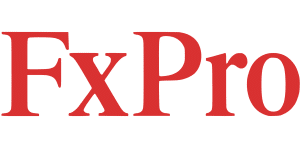
FxPro is another NDD broker that offers Forex traders a range of premium trading platforms. These include the FxPro Edge platform, cTrader, and MetaTrader4.
These come with many useful trading tools, educational guides, and top-quality market analysis.
On the other hand, FXPro doesn’t offer competitive spreads and fees. Customer support could be better.
| PROS | CONS |
|---|---|
| Several premium trading platforms | Spreads and fees |
| Top-tier trading tools | Customer support |
| Educational and research materials |
7. Fusion Markets
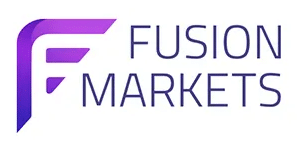
Fusion Market is the perfect fit for low commission trading on the currency market and a few selected CFD instruments.
This broker offers competitive commissions that are lower than other NDD brokers. Fusion Markets has no minimum deposit.
When it comes to trading platforms, Fusion Markets supports MT4.
| PROS | CONS |
|---|---|
| No minimum account deposit | Limited educational resources |
| Low commission fees | Limited investment products |
| MT4 trading platform offered |
8. FXTM
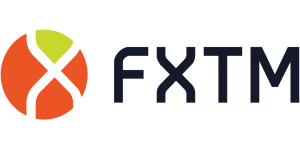
ForexTime (FXTM) is another great NDD broker option for Forex traders.
It stands out for its top-quality customer service and educational tools. Clients have access to a free paper trading account and there are various educational webinars aimed at beginner traders.
On the negative side, FXTM charges high CFD fees. Clients also face high inactivity fees and withdrawal fees.
| PROS | CONS |
|---|---|
| Customer service | High CFD fees |
| Extensive educational tools | Inactivity and withdrawal fees |
| Fast account opening process |
9. Darwinex
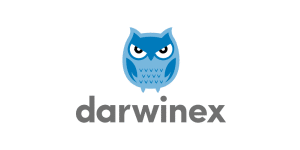
Darwinex offers everything Forex traders need in a brokerage service.
Traders have access to competitive spreads in over 40 different instruments. This includes over 40 currency pairs to trade.
Darwinex gives traders access to the popular MT4 trading platform. Clients also have access to the custom Darwinex Social Trading platform. These platforms are also available on mobile apps, making it easier to trade on-the-move.
On the negative side, the broker’s customer service channels are limited. Darwinex is not available to US Forex traders.
| PROS | CONS |
|---|---|
| Large selection of currency pairs | Customer service |
| Low spreads | Not available to US traders |
| Wide range of account types | |
| Multiple platforms available |
10. FXCM
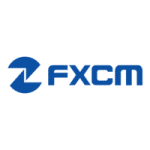
Forex Capital Market (FXCM) offers traders a great range of Forex CFD investment products.
FXCM provides access to several third-party trading platforms including ZuluTrade and MetaTrader4. This gives traders an abundance of charting tools and technical indicators.
A downside is the steep account inactivity fees, but this only applies if your account is inactive for more than a year.
| PROS | CONS |
|---|---|
| Supports various third-party trading platforms | Only CFDs available |
| Well-established broker | Inactivity fees |
| User-friendly mobile trading app | |
| No commission and tight spreads |
What is a No Dealing Desk Broker?
NDD brokers simply connect two trading parties. These brokers do not pass your orders through a Dealing Desk. This means that they never take the other side of any trade.
Forex traders that use NDD brokers will buy and sell based on current market prices. These prices are not determined by the broker.
NDDs make a profit either by charging a small commission fee on each trade or by increasing spreads to markup prices.
What is A Dealing Desk Broker?
Dealing Desk (DD) brokers create market prices for their clients. This means that they will often take the other side of your trade. These brokers are also called Market Makers.
DD brokers give you a sell and buy quote. This means that they are filling both buy and sell orders. They are indifferent to your decisions as an individual trader.
After placing an order, your broker will first try to find a sell order mather from another client. If there are no matching orders, then they will take the opposite position on your trade.
No Dealing Desk (NDD) vs Dealing Desk (DD) brokers
There are some key differences between these two brokers to understand before you choose a Forex broker.
The biggest difference is the spreads. DD brokers have fixed spreads, while NDD brokers have variable spreads that are determined by the market.
DD brokers give you artificial trade quotes, but NDD brokers take prices from liquidity providers. This means that an NDD broker gives you direct access to cheaper real market prices.
DD brokers often take the opposite side of your trade. On the other hand, NDD brokers are simply a connecting bridge between client and liquidity provider.
With a DD broker, your trade orders are filled on a discretionary basis. This differs from an NDD broker, where you have automatic order execution with no re-quotes.
STP and ECN Explained
NDD can be further broken up into Straight Through Processing (STP) and Electronic Communication Network (ECN) brokers.
An STP broker simply routes your trade orders through a liquidity provider with access to the interbank market. Each provider has its own price quote that your NDD broker will add a small markup to. This explains why STP brokers have variable spreads.
An ECN broker allows market participants to trade directly with each other. These participants include other retail traders, banks, institutions, and hedge funds.
True ECN brokers will give you a full view of where buy and sell orders are. This allows you to gauge how the current market is positioned. ECN brokers are usually compensated through small commissions instead of earning from spreads or markups.
Pros and Cons
There are several pros and cons to NDD Forex brokers to be aware of because starting your trading journey.
The main advantage of an NDD broker is that you have access to real market prices with lower spreads. You also get a more reliable network and faster trade execution with NDD accounts. Trading with an NDD broker assures the trader that their broker has no conflict of interest with their trades.
A downside to using NDD brokers is that you won’t always be guaranteed to fill your order. This mainly applies during non-liquid market conditions. Some NDD brokers will have variable spreads that are higher during unstable periods.
